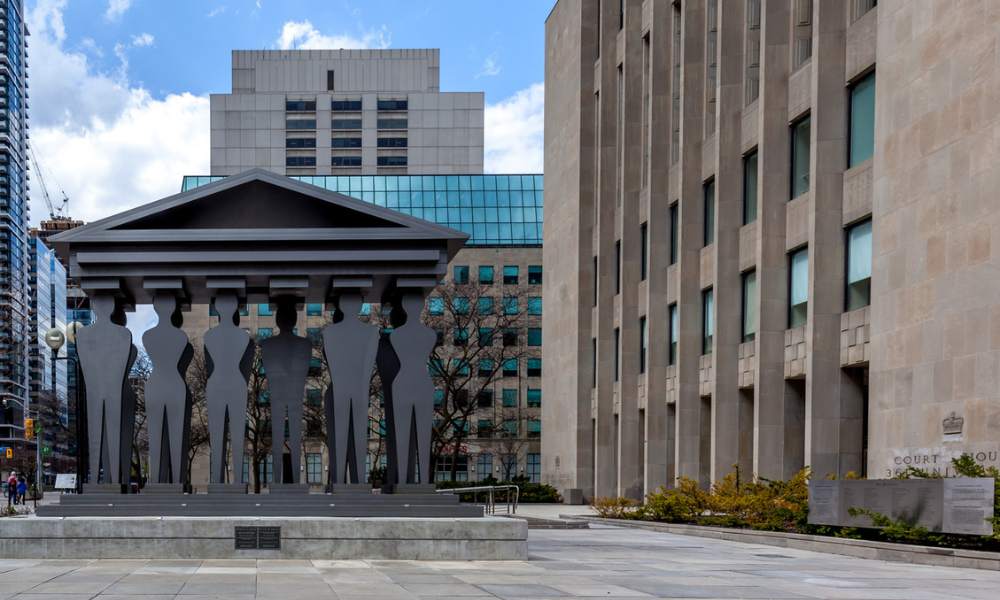
The HRTO's decision was reasonable and without bias

The Ontario Superior Court of Justice upheld the Human Rights Tribunal of Ontario's (HRTO) denial of reconsideration for fifteen discrimination claims, finding the HRTO's decisions reasonable and without bias.
In Shodunke v. Human Rights Tribunal of Ontario, 2024 ONSC 2708, the applicant alleged discrimination in service provision by the Olumo Progressive Association Inc., Canada (OPAC), the EGBA National Association, USA & Canada (ENA), and several officers and members of these organizations. The claims included not being permitted a second term as an ex-officio officer of OPAC, false allegations against him, removal of his photos from the OPAC website, and significant discord between him and the respondents.
The HRTO initially dismissed the applications, indicating they lacked specific acts of discrimination under the Human Rights Code. The applicant was allowed to respond to these notices, but the HRTO found his submissions insufficient to establish a factual basis for discrimination claims. The applicant then requested reconsideration of each decision, which the HRTO reviewed and ultimately denied.
The reconsideration decisions were released between April and June 2023 after a lengthy delay attributed to the tribunal's inadvertence. The applicant filed for judicial review beyond the 30-day limit for most decisions, except the last one, and sought an extension of time to review all decisions together. The Superior Court accepted the explanation for the delay, noting the lack of prejudice and the lengthy delay by the HRTO.
The applicant needed to demonstrate that the reconsideration decisions were unreasonable to obtain relief. The court emphasized that reasonableness review ensures courts intervene in administrative matters only when necessary to safeguard legality, rationality, and fairness. The court found that the HRTO's decisions exhibited the hallmarks of reasonableness, including justification, transparency, and intelligibility.
The HRTO adjudicator considered the applicant’s submissions and determined that the grounds for reconsideration were unmet. Specifically, no new determinative facts were presented, no conflict with established jurisprudence was found, and no factors outweighed the public interest in the finality of decisions. The court concluded that the HRTO's application of its rules and the reasons for denying reconsideration were reasonable.
Regarding allegations of bias, the court found no reasonable apprehension of bias. The applicant argued that the same adjudicator should not decide the initial and reconsideration requests. However, the court noted that reconsidering is not an appeal and that having the same adjudicator handle related matters can lead to efficiencies without compromising impartiality.
Ultimately, the Ontario Superior Court of Justice concluded that the HRTO’s reconsideration decisions were reasonable and that there was no bias, thereby denying the applicant's judicial review.